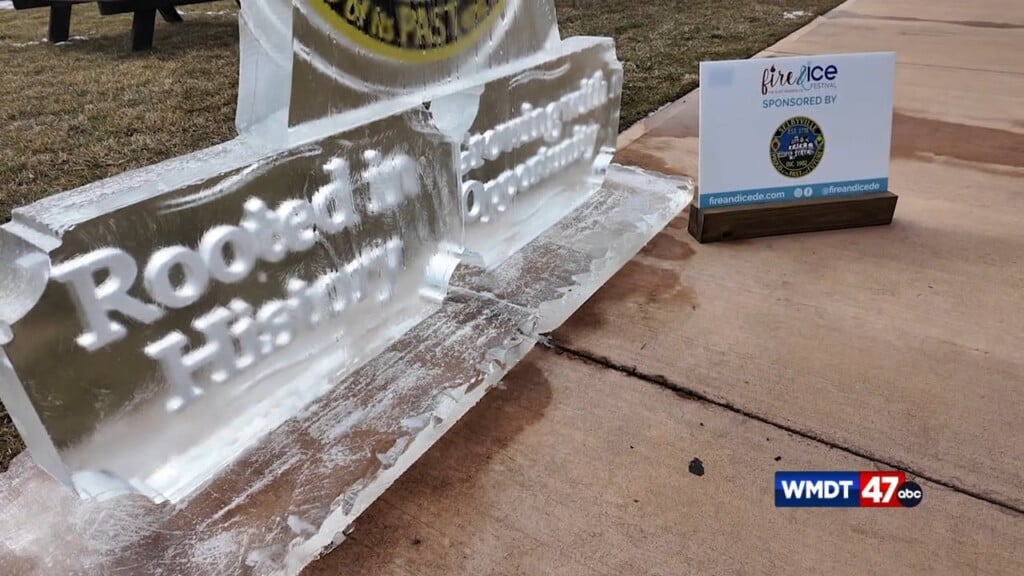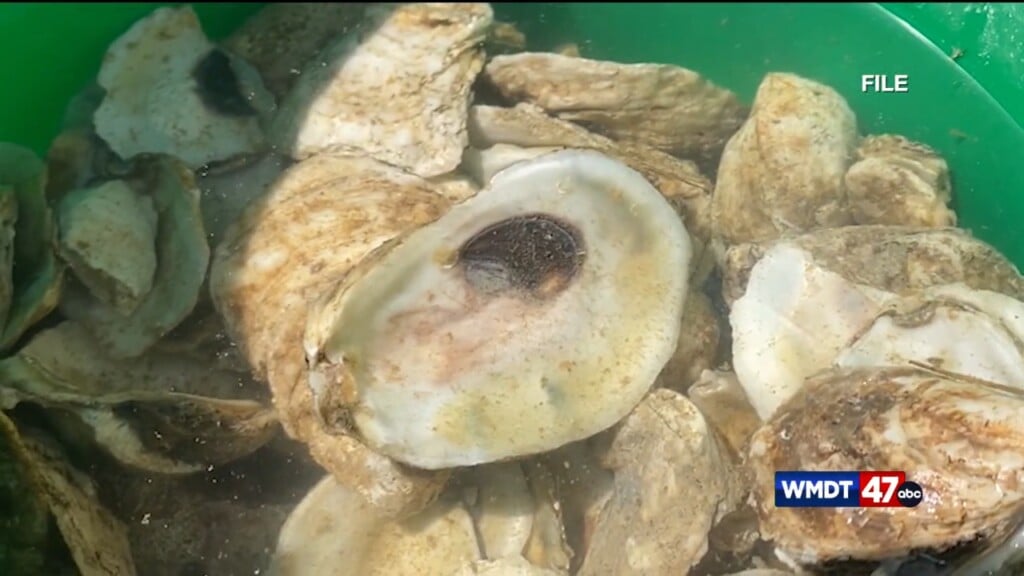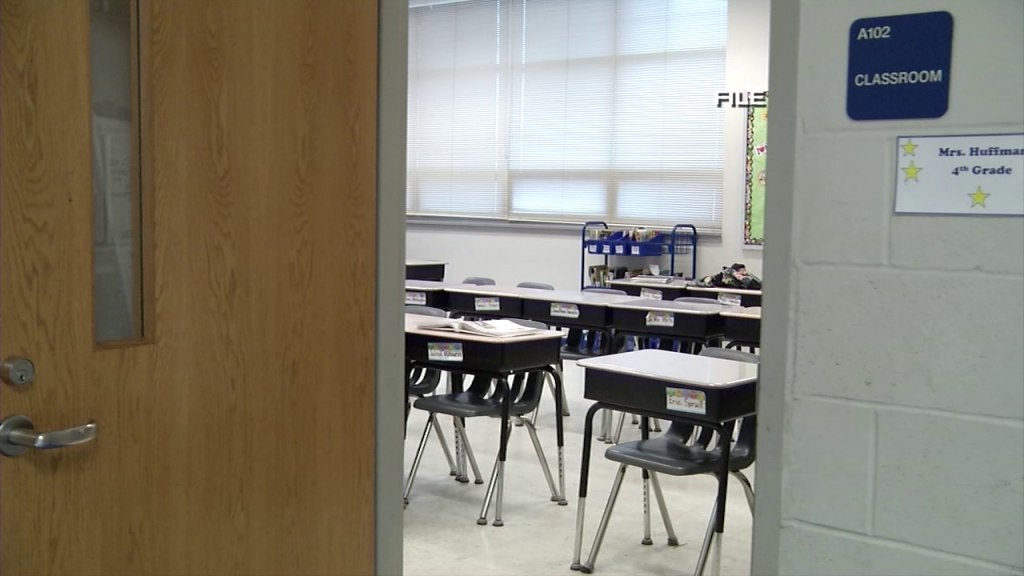Maryland Agritourism Conference highlights economic impact, industry growth
CAMBRIDGE, Md.- “Agritourism is sexy, so how do we go after those consumer dollars to get people on the farms to talk about farming? We want people to know where their clothes, their paper, and their food come from,” Zucker said.
Farmer Dana Zucker grows everything from chicken eggs, fruits, to even vegetables at Sugar Water Farm in Westover. She said she was looking for ways to break into the agritourism industry, which is what led her to the Maryland Agritourism Conference in Cambridge Wednesday hosted by the University of Maryland Eastern Shore. “The goal for agritourism really is to add value to the activities that some of these small farms are undertaking as a way to ensure that they can remain economically viable,” UMES Department of Agriculture & Natural Sciences Dean Dr. Moses Kairo said.
The state is taking heed to the industry’s impact, pushing more resources behind those producers and clearing the pathway of harsh regulations. “Making sure a farmer that wants to do something related to inviting the public on the farm has the support to do it and that they’re not out in the wilderness trying to get through planning, zoning, and permitting. We want to make sure we got the infrastructure and apparatus set up to help them get to their end,” Maryland Department of Agriculture Secretary Kevin Atticks said.
Atticks said within the next five years that agritourism in the state is projected to grow from a $150 million industry to a billion-dollar enterprise. “We’re going to see more people engaging in this experience. We know that people want to get out. We know that. The general public wants to engage in farming,” Atticks said.
Zucker hopes that with more support, farmers like herself can help connect people back to the fundamentals to agriculture. “I wanted to be a connector to people with their food, to farms, and also be an example of a business that other farmers and agriculture business could model from,” she said.
Secretary Atticks said the state can lean more into agritourism by changing their policies and protocols. Right now, the state is taxing agritourism enterprises as commercial instead of as agriculture.
Panelists at that conference also said crop diversification can also be an asset to farmers. Alternative crops are ones that aren’t traditionally grown in a particular region.
Dr. Nadine Burton with UMES told 47ABC that there’s now a high demand for locally grown ethnic crops as the demographics of the region continue changing.
She told us that improving crop diversity can help maintain food security and attract new customers. She added that those impacts are already being seen in places like Princess Anne. “Out of that region, we sold 30,000 tons of ethnic crops. That shows that we are adding value just by introducing these crops,” Dr. Burton said. “Farmers lack the understanding of how to grow, what to grow, and how to market and that’s were UMES is stepping in.”
Dr. Burton said one of those crops that local farmers are embracing is okra.


